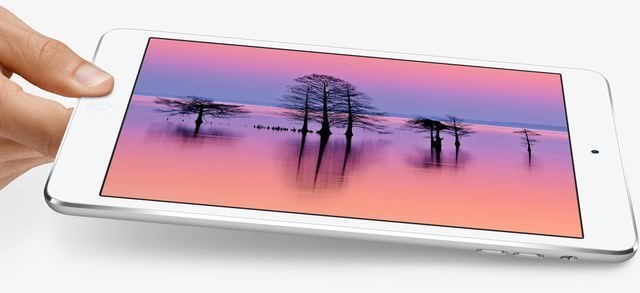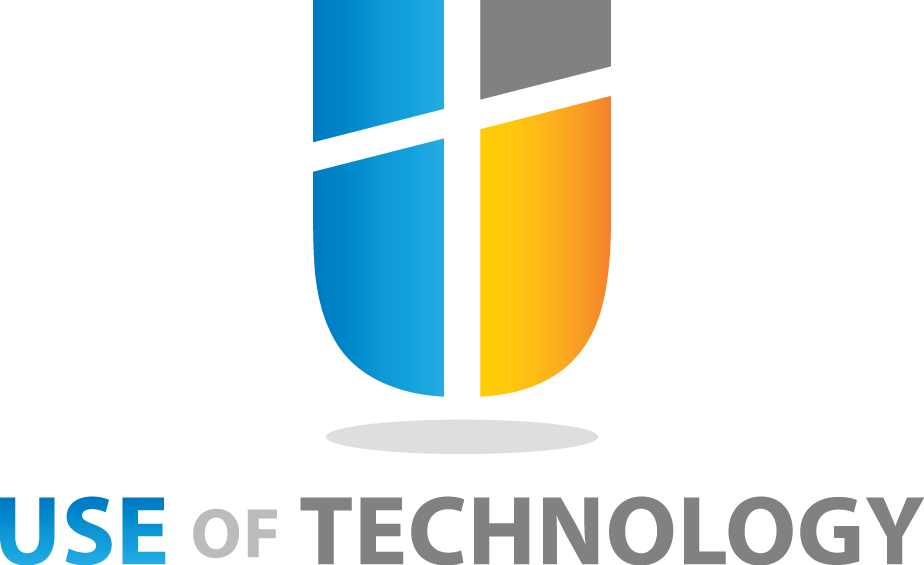Unlike the iPad Air tablet, for which it was announced from its beginning a definite release date and is already available on the market, the smaller iPad Mini with Retina Display had and still has uncertain availability. Tim Cook said during the launch that it will be available from the end of November and later admitted that initial availability will be reduced. More and more sources are saying that the fault is with Sharp, the screens manufacturer.

South Korean website ETnews states that Apple was hit by a technical problem of IGZO screens supplied by Sharp. Compared to the classic panels that use a transparent conductive layer made of silicon, IGZO technology uses zinc oxide, gallium and indium. This compound provides an electron mobility 40 times higher, which allows screens to achieve better response times, or, as in the case of iPad Mini with Retina Display, achieving higher densities.
Based on the technology developed by Sharp, all the new boards do not seem to satisfy Apple’s claims because of image retention (burn-in) which is considered too high. According to sources, the residence time is not visible to the naked eye, but Apple is not satisfied with this behavior and will look for another panel provider. The news is bad for the Japanese manufacturer, which is very proud of its new technology and recently announced a series of screens that exceed the density of the pattern supplied by Apple.
At this point, sharp should deliver approximately 40 percent of the total number of screens for iPad Mini Tablet with Retina Display, while LG provides the remaining 60 percent. Following this incident, it appears that Apple will seek a new board and a new supplier for this (Samsung is one of the potential bidders). According to sources, Samsung will be able to offer these components only in January, which means that there will be a limited availability of the Apple tablet later on this quarter.
iPad Mini with Retina Display is expected to hit store shelves starting from November 21.

